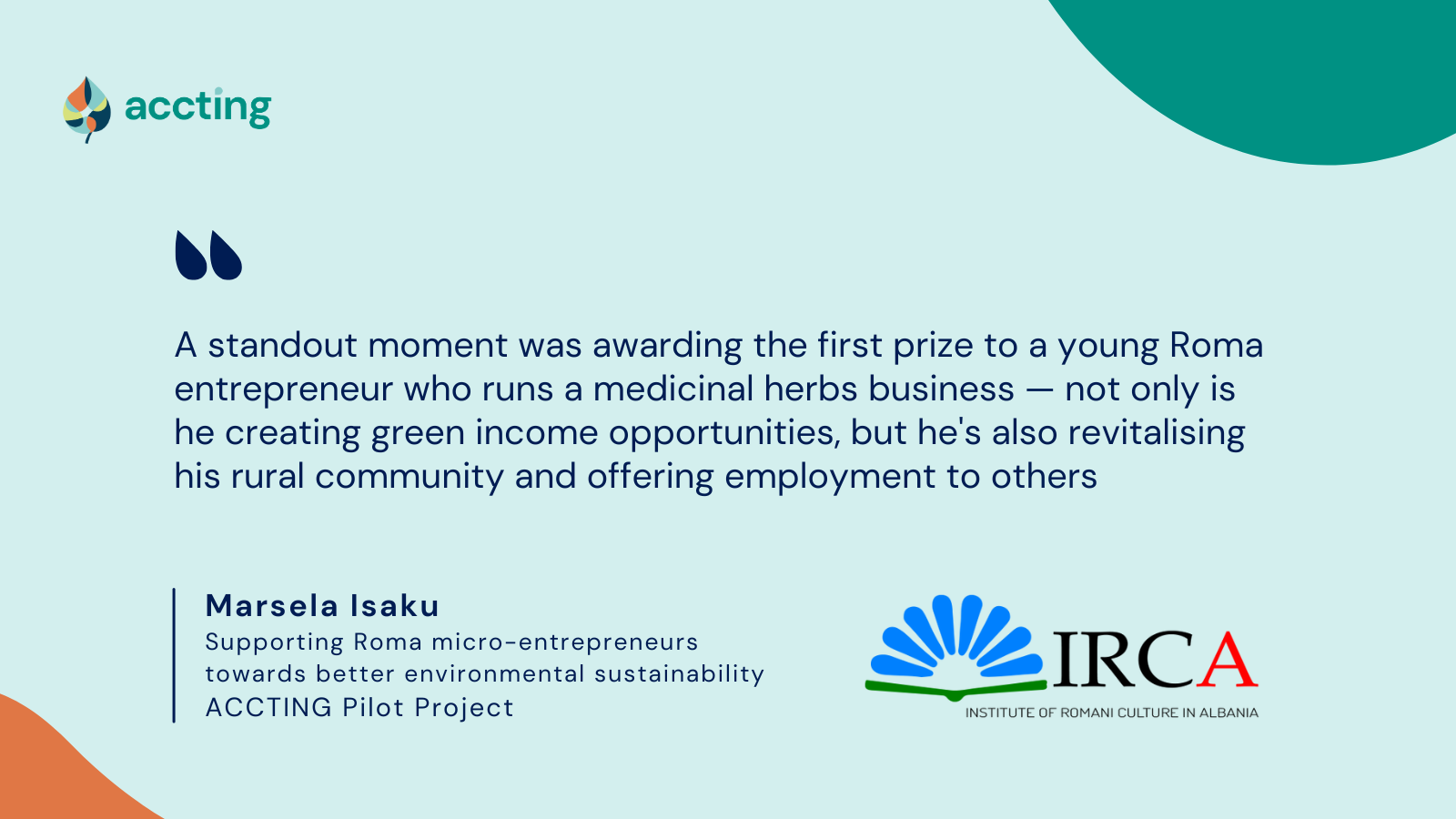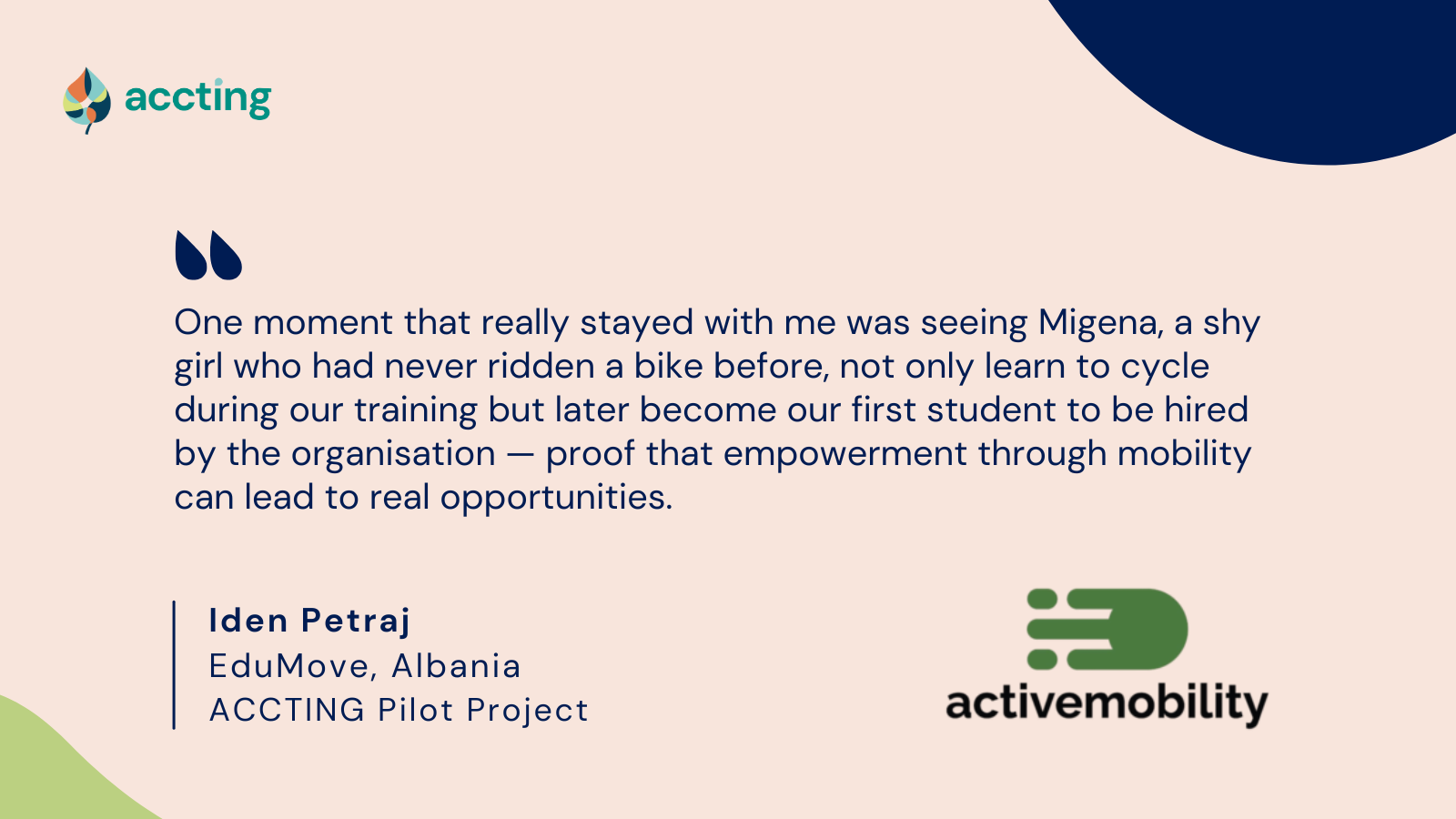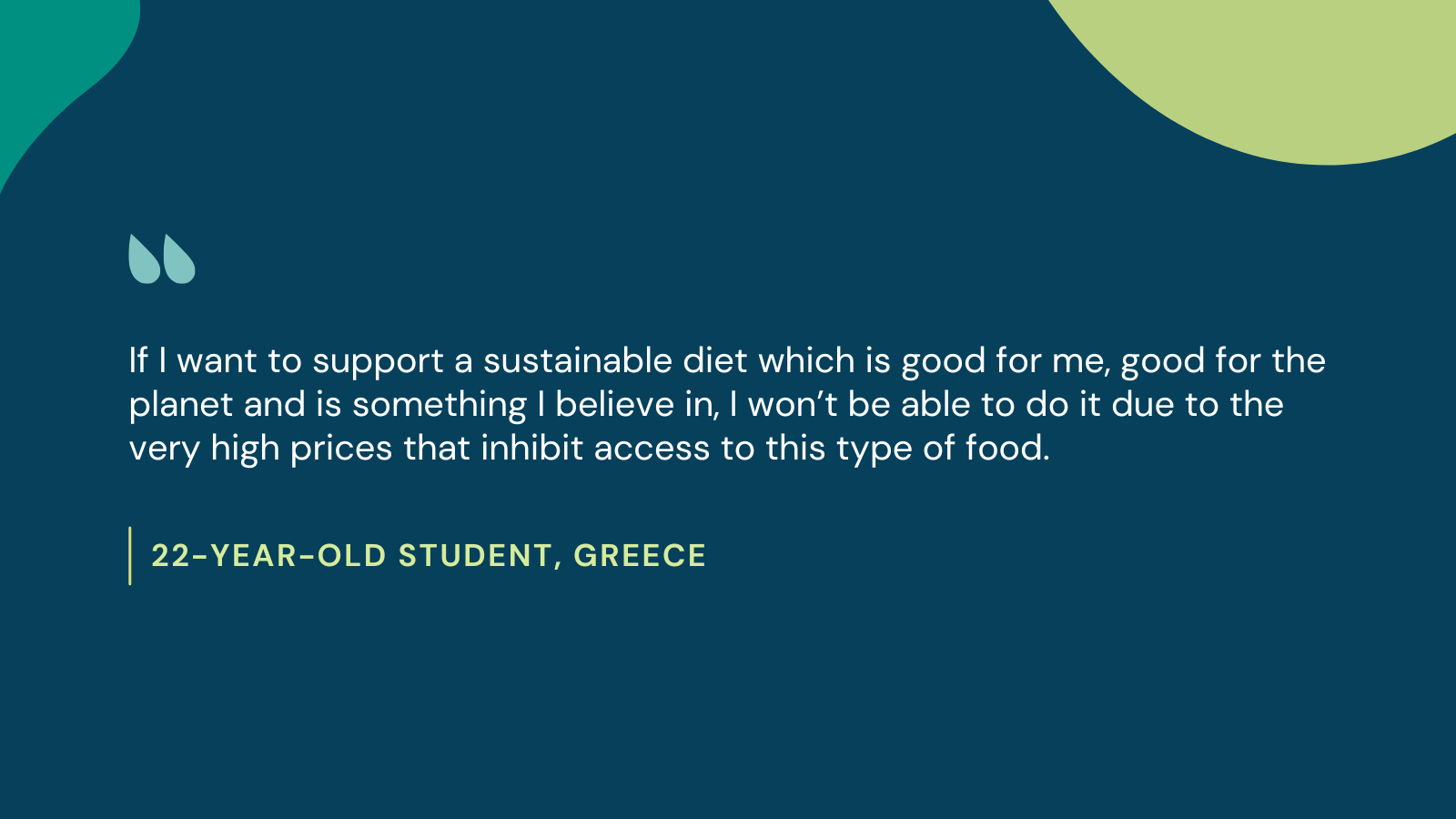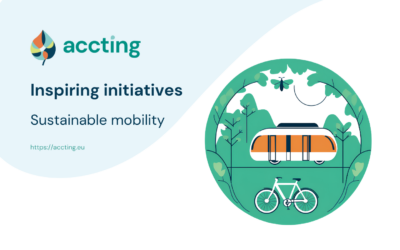The impact of climate change and the capacity to mitigate its negative impacts are unevenly distributed across and within societies; it is the poorer, marginalised and vulnerable groups who are the most acutely affected. ACCTING has collected 358 narratives via individual interviews in 13 European countries to capture some of the experiences of those vulnerable groups. These narratives on inequalities in enablers and hindrances for advancing behavioural change span eight thematic research lines – each addressing an EU Green Deal policy area. Read our dataset including all 358 narratives collected.
Tünde, 62, Hungary, on self-reliance and connecting with nature
“I’m Tünde, a 62-year-old retired woman with three children and grand-children living with my retired husband in a small village in Southern Hungary. Before retirement I have been working as a cleaning lady for 32 years in the local primary school. My original profession is shoe-upper part maker but I never worked as such.
Originally, I am not from this village. When I was five, my mother pregnant with twins moved here from an Eastern Hungarian village with me and my siblings. She found a new husband and we all stayed here. First, we were outsiders in the village and they looked upon us with hatred because they felt sorry for my step-grandmother who had to give shelter to five children.
My parents were alcoholic and we were poor. My father was a really nice person, he never ever beat us, but my mother was difficult. I remember going to summer kindergartens even at the 7th grade just to get some food. We lived next to the nearby forest so from my childhood I had a good relationship with nature.
However not all my memories are good: our mother sent us at the age of 10-12 to get her wine from a neighbouring farmhouse. We had to go through the forest with my brother to get there and she also asked us to collect some firewood for heating. Imagine making your young children to walk in a dark forest for hours to get wine and steal wood!
“I think that our upbringing has made me and my five siblings what we are today. We vowed not to live the life of our parents.”
We all live in this village and are in a good relationship with each other. We all studied and obtained some qualifications. We all worked hard and have a good work ethic. I retired three years ago but I have not fully stopped working. We have some backyard farming with rabbits, chickens, hen and vegetables such as potatoes or garlic. I like doing all household chores by myself; I even bake my own bread. And I also help out every now and then in the local social cooperative where I collect mushrooms and other herbs for a daily rate. My husband is angry with me that I do not fully enjoy retirement but this work in nature with friends is good for me. I have had health problems with my intestines but since I am regularly helping out here, I feel much better! I like going out in nature although I prefer walking in the pasture (not in the forest). When I am collecting mushrooms and herbs alone, I prefer staying at the edge of the forest, or I will stay with my companions. I also do not know mushrooms that well – now I am learning – so I rather pick plants such as acacia, pine bud, bearberry, elderberry, linden, etc. I am usually picking berries with villagers as old as me.
Younger people do not like to work, in particular do such ‘unrewarding’ jobs in nature. There is not that much poverty in the village that they have to go out and make a living in such a way. It is really only half-wits like me who go out to nature and collect plants all the time. There is no real poverty here (yet), anyway what does this term mean? By European standards we are poor, but by local standards, where you have somewhere to live, something to eat, something to wear, something to work, somewhere to educate your children, as long as you have this…there is no real poverty.
“As I say, as long as you have something to throw out there is no poverty.”
Anyway, the village is getting older. If this generation dies out, it will be over. I admit that I have not brought my own children with me to nature when they were young thus they do not like it either. And you cannot enforce them. However, when my grandchildren visit me I ask them to put down their phones and come out with me to help in nature or around the household. I try to teach them new things, e.g. to make soup dough, knead scones, braid garlic, peel poppies, crack nuts – I taught the little one to sew with a sewing machine.”





